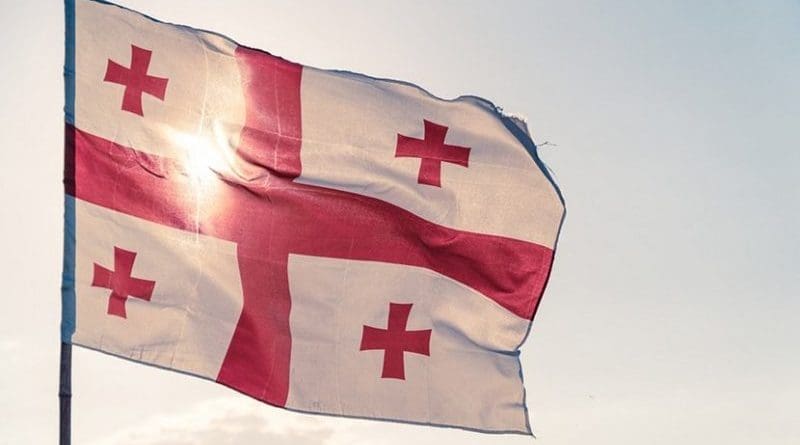What Georgia’s Protests Mean For Relations With Russia – OpEd
The protests in the center of Tbilisi over the Russian MP’s presence in Georgian parliament caused a nation-wide outburst against the ruling Georgian Dream party and Russia.
Moscow in turn accused Tbilisi of nationalism, cut direct air-traffic and threatened the country with economic sanctions. Most Russians, however, enter Georgia by land, which makes the ban ineffective from an economic point of view. All other numbers indicate that if imposed, economic sanctions would certainly hurt the small Georgian economy, but it will not be a devastating blow as the Georgian market will try to find new opportunities in other neighboring states. Most likely the situation will stabilize within the next two years.
However, beyond that, there is very little chance of further degradation of Georgian-Russian relations as bilateral relations already reached a dead-end well before the current spat.
Although, in the last several years, the majority in Georgia has been regarding Russia negatively, many understand that its geographic proximity to Georgia forces the country into economic relations. The problem is that there has been no chance to improve said relations. The reason is geopolitical as for any actual improvement to follow, Moscow would either need to reverse its recognition of Abkhazia and Tkhinvali regions as states, which they won’t (at least in the foreseeable future), or Tbilisi would need to have direct negotiations with the separatist regions, which the Georgians will not do.
Geopolitically speaking, Moscow has already achieved its strategic aims with regards Georgia: the establishment of bases on Georgian soil, prevention of foreign troops from entering the country and control over vital mountain passes from North to South Caucasus.
There is simply very little the Russians could further achieve at this moment. Sure, having a pro-Russian government in Tbilisi is always a goal, but why spend money and resources if Georgia cannot become an EU/NATO member anyway?
What can be seen as a mistake on the Russian’s behalf is that anti-Russia (not necessarily nationalistically driven) sentiment has grown deep inside the country. This would limit any chance the Russians would have in getting the Georgians back into their fold.
Even without control over Abkhazia and Tskhinvali, Georgia’s location allows Tbilisi to be a regional transit hub, and it cannot afford to be oriented towards only one country. A multi-vector policy is thus likely. And considering that there is a little room for further degradation of relations, it is right to presume that Georgia and Russia will still be talking to each other. Perhaps both states will try to keep the existing level of economic cooperation, but nothing beyond that.
Georgia’s future relations with Russia should be now built on measured cooperation, with intensive work being done on finding new economic opportunities to replace even the little economic dependence on Russia.
On the foreign policy front, the spat between Moscow and Tbilisi is unlikely to change the overall picture. Georgia will continue its pro-western course while using a clever strategy of positioning itself not as an anti-Russian state.
This short-term crisis with Russia showed that the ideal geopolitical scenario for Georgia would be when all its neighboring countries have a stake in its security. In addition, large players such as China, with its Belt and Road Initiative, the EU, the US, Turkey and others, would also be involved in Georgia’s economics. This might create a certain balance in Tbilisi’s foreign policy vis-à-vis Russia’s economic and military power in the future.
This article was published at Georgia Today

